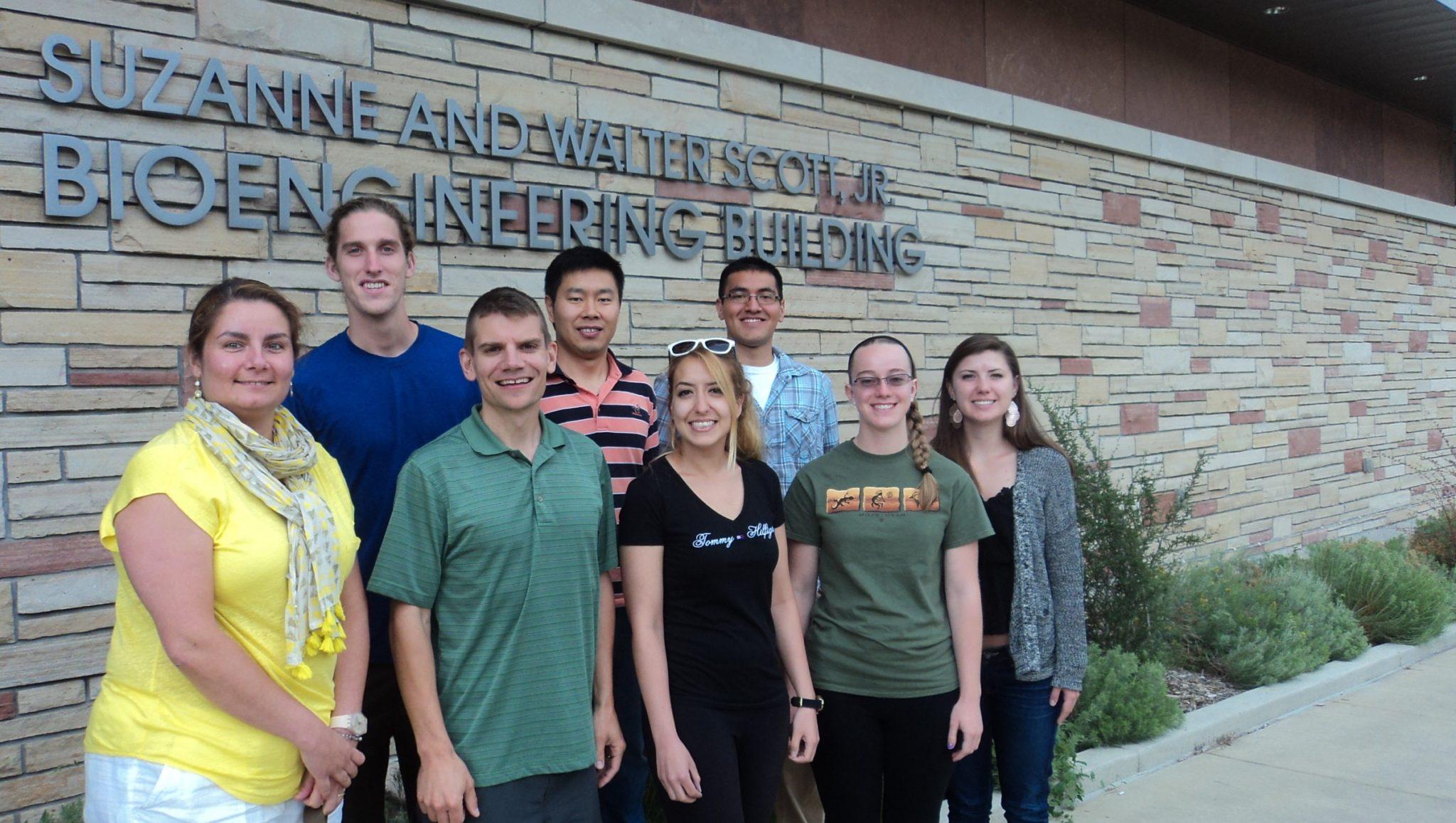Let’s break down your morning commute.
You get in your car or you ride your bike. You know that your car or your bike is yours because of its license plate, its color, where you parked it. You have a key and it allows you to access your vehicle. You drive and you know where and when to stop, you know where and when to go because you can read stop signs and you can interpret traffic lights.
You arrive to your destination, but you need your cup of coffee, first, right? So you order a latte off a menu and you inform someone, maybe in a green apron, of your choice. You pay with either plastic or paper and you’re ready to start your day.
The common thread in all of this is: communication. You read signs, you see lights, you use objects like keys and credit cards, and you make decisions based on all these things.
And in the parallel universe of your body, on a cellular level, the exact same thing occurs. Your blood cells never clot onto your blood vessels, because they recognize blood vessels as a thing they shouldn’t clot onto. But, when in contact with foreign bodies like stents and prosthetics or air, your blood may behave differently. And, in this way, your cells have their own language.
Instead of words, your cells use polysaccharides.
Believe it or not, this language is not well known. The “languages” of proteins and DNA are relatively well studied, but not the language of cells or polysaccharides.

My guest this week, Dr. Matthew Kipper, is an Associate Professor in the Chemical and Biological Engineering Department and the School of Biomedical Engineering. And he is learning this ignored language of polysaccharides.
So I asked Dr. Kipper into the studio for an interview on “The Innovators”. As I continue to find with this radio project, what a researcher does is only a part of who they are. If you really want to understand the way a scientist sees the world and capture who they are when they leave their lab, it’s best to just ask.
Thus, the interview includes Dr. Kipper and me discussing what polysaccharides are and why they’re super cool macromolecules. But, you will also hear narratives on Matt’s life, how he came to be at CSU, just how much he loves teaching, and how he balances his demanding job with being a father of five.
https://soundcloud.com/csucollegian/the-innovators-dr-matt-kipper

If you would like to know more about the work that Dr. Kipper and his group does at Colorado State University, you can visit their website here.
The background music heard in this podcast comes from:
“Fireflies”, Lights & Motion
“Your First Light My Eventide”, The Echelon Effect
“Ghostwriter”, RJD2

